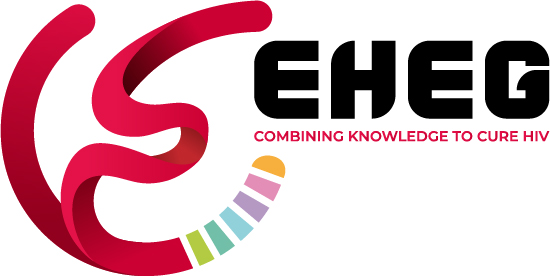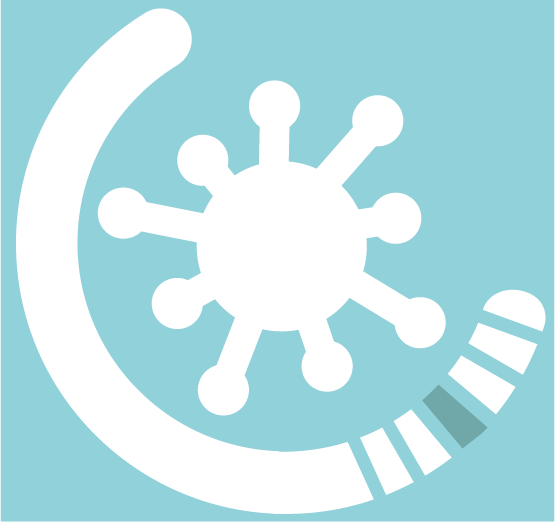
Viroscience
At Viroscience, we have several main research lines, including the interaction between HIV and the cellular immune system and research on the impact of drugs used to treat HIV (so-called antiretroviral drugs) on drug resistance and prevention of new infections.
We have a long record of research on the interaction of HIV and the cellular immune system. We have brought the concept of better cellular immune responses resulting in more favourable course of chronic HIV infection from bench to bedside, resulting in phase I/II clinical trials. We have also studied HIV-2 elite controllers for decades, aiming to reveal mechanisms that could contribute to silencing HIV infection.
The Viroscience department has a strong record on research on the impact of antiretroviral drugs on HIV. This antiretroviral research focuses on two topics. The first topic is the emergence and transmission of drug resistance. We coordinate an international grant funded by the National Institutes of Health on novel mechanism of drug resistance to dolutegravir, a antiretroviral drug that is increasingly used across the World for treatment of HIV.
The department of Viroscience also studies the optimization of HIV prevention strategies so that most infections can be prevented at the lowest cost. For this research, the Viroscience department actively collaborates with international research groups from across the World.
Together with the Clinical Microbiology Department, members of the Viroscience Department perform patient-oriented research to improve treatment for people with HIV both on the individual and collective levels. We are involved in understanding and preventing the development of resistance mutations that may diminish treatment efficacy.

Our current team members
Team members who have worked for EHEG in the past
...
Personal goals:
Biosketch
Want to become part of this team?
Fill out the form and we will contact you as soon as possible to talk over the possibilities of you joing our team.
| You can try contacting us directly via: | |
| eheg@erasmusmc.nl | |